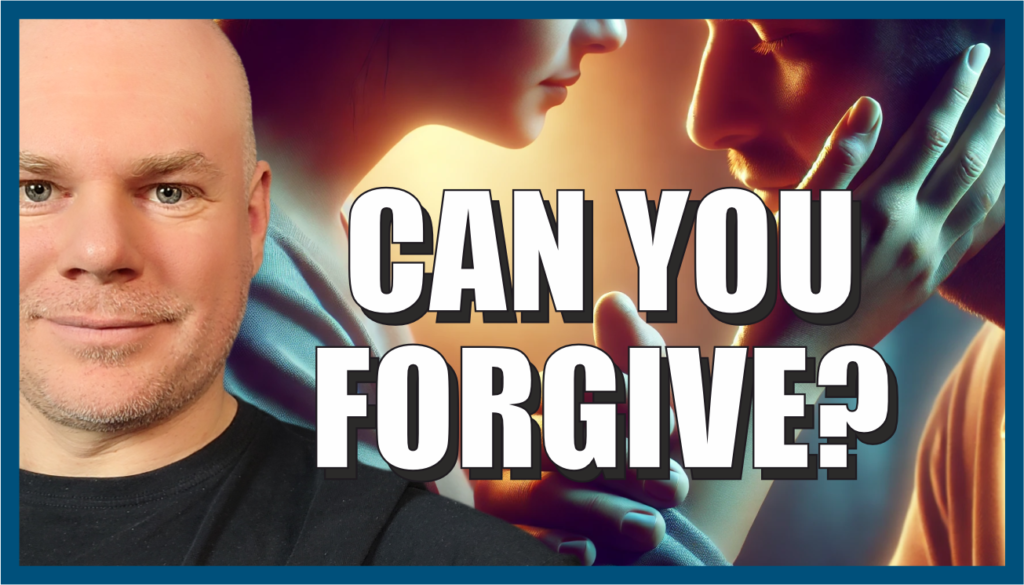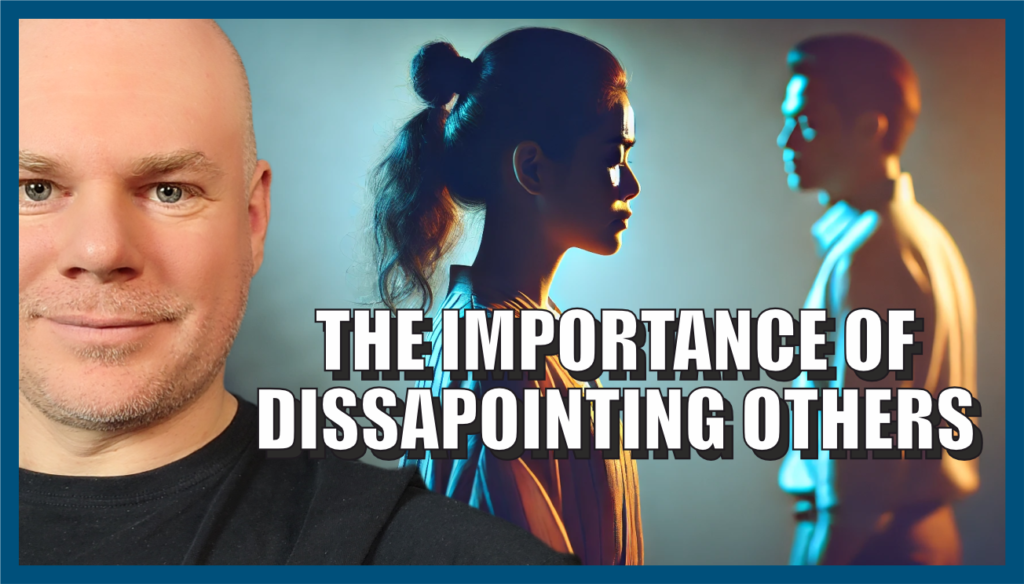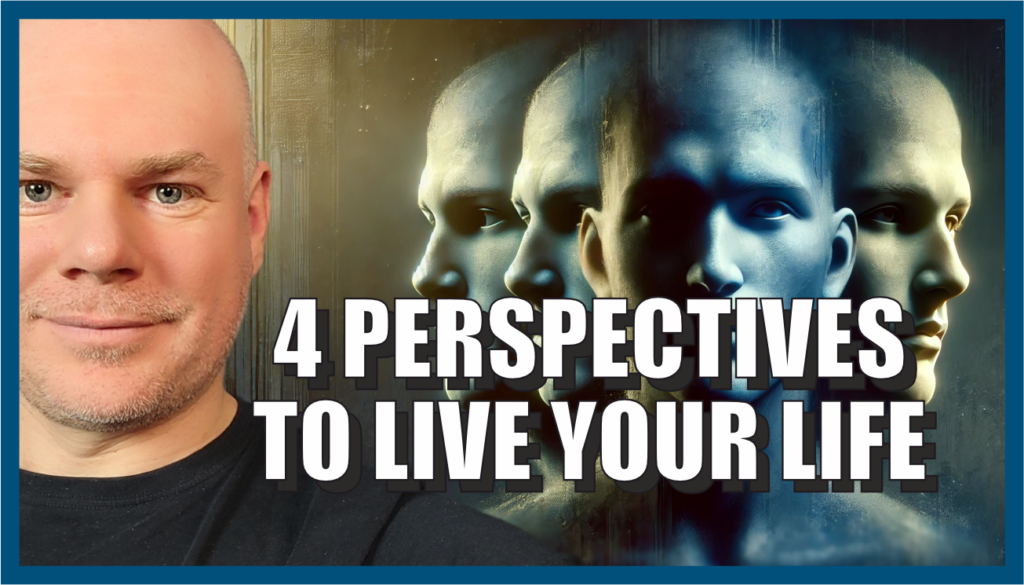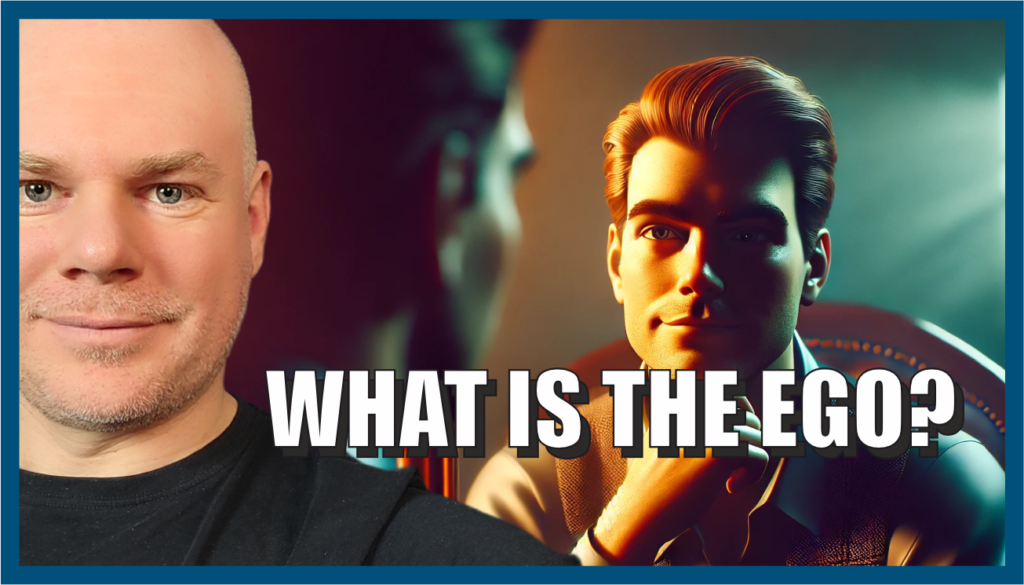Forgiveness is often spoken of as a noble virtue, but in reality, it’s a complex emotional process that involves more than just saying “I forgive you.” It’s not just about uttering the words; it’s about truly letting go of the pain and finding peace within yourself. In this blog, we’ll explore what it means to forgive, why it’s so hard, and how we can navigate the journey toward genuine forgiveness.
The Nature of Hurt and the Desire for Justice
When someone wrongs us—whether they lied, stole, betrayed, or hurt us in any other way—it feels like they’ve taken something from us. We experience an emotional void, a sense of imbalance because it seems like they’ve stolen a piece of our happiness. This feeling often stirs up a desire to restore that balance, whether through an apology, compensation, or simply acknowledgment of the pain we’ve endured.
At the core of our anger, sadness, or bitterness is this unmet need for something in return. It’s as though we’ve entered an unspoken relationship with the person who hurt us, and that relationship demands balance. Regardless of whether the individual is a close friend, a family member, or a stranger, the emotional transaction is the same—we want them to understand the impact of their actions and to take responsibility.
Why Forgiveness Feels So Difficult
Forgiving someone becomes incredibly difficult when we feel the score isn’t settled. You might outwardly accept an apology or try to move on, but deep down, if the pain remains unresolved, the emotional weight lingers. Sometimes we convince ourselves that we’ve forgiven the person, but the bitterness or sadness that bubbles up unexpectedly reveals that we haven’t fully let go.
So what are we really asking for? Beyond apologies or compensation, the thing most of us truly seek is understanding. We want the person who hurt us to empathize with our pain. True forgiveness often stems from a place of shared understanding—when we feel that the person who wronged us genuinely recognizes the hurt they’ve caused and acknowledges it.
The Role of Empathy in Forgiveness
More than apologies or reparations, empathy is the key to healing. When the person who caused the pain understands and validates our feelings, it creates a sense of connection. This understanding helps restore balance to the emotional equation, making it easier for us to move forward. It’s not always about receiving something material; it’s about knowing that the other person feels the weight of what they’ve done and participates, even in some small way, in our suffering.
When that understanding is present, the bond between the two people can be restored, allowing forgiveness to naturally follow. It becomes easier to release anger and resentment when we feel seen and heard.
When Forgiveness Seems Impossible
But what if we never receive that understanding or apology? What if no amount of compensation or attempts at amends feels enough? This is where forgiveness becomes a personal, internal journey. Sometimes, no matter what the other person does, the hurt is so deep that it feels like nothing can make up for the pain.
In these cases, the key to forgiveness lies within us. We need to find ways to heal on our own terms, and this often involves letting go of the need to settle the score. It might mean accepting that the past cannot be changed, but our future can still be shaped by what we do next. Forgiveness, in its truest form, becomes not about the other person, but about freeing ourselves from the emotional burden of the past.
The Illusion of Revenge
Revenge, though tempting, rarely brings the fulfillment we crave. In movies, we often see characters seeking retribution, only to find themselves still unsatisfied after they’ve “settled the score.” This is because revenge doesn’t heal the underlying wound—it only prolongs the pain and the connection to the person who hurt us.
True closure doesn’t come from evening the scales through retaliation; it comes from finding peace within ourselves. We may seek revenge because we want the other person to feel the pain they caused us, but even then, it doesn’t provide the emotional release we desire.
Letting Go: The Ultimate Form of Forgiveness
In the end, sometimes the only way forward is to let go. This doesn’t mean forgetting or excusing the harm done, but rather accepting that we cannot always control how or whether others will make amends. We must look within and find new ways to bring fulfillment to our lives.
Even in extreme cases—like the loss of physical ability, for example—the path to healing lies in shifting our focus from what we’ve lost to what we can still do. The past can shape us, but it doesn’t have to define our future. Forgiveness, in this sense, is about reclaiming our power, moving beyond the pain, and finding new ways to live meaningfully despite what we’ve endured.
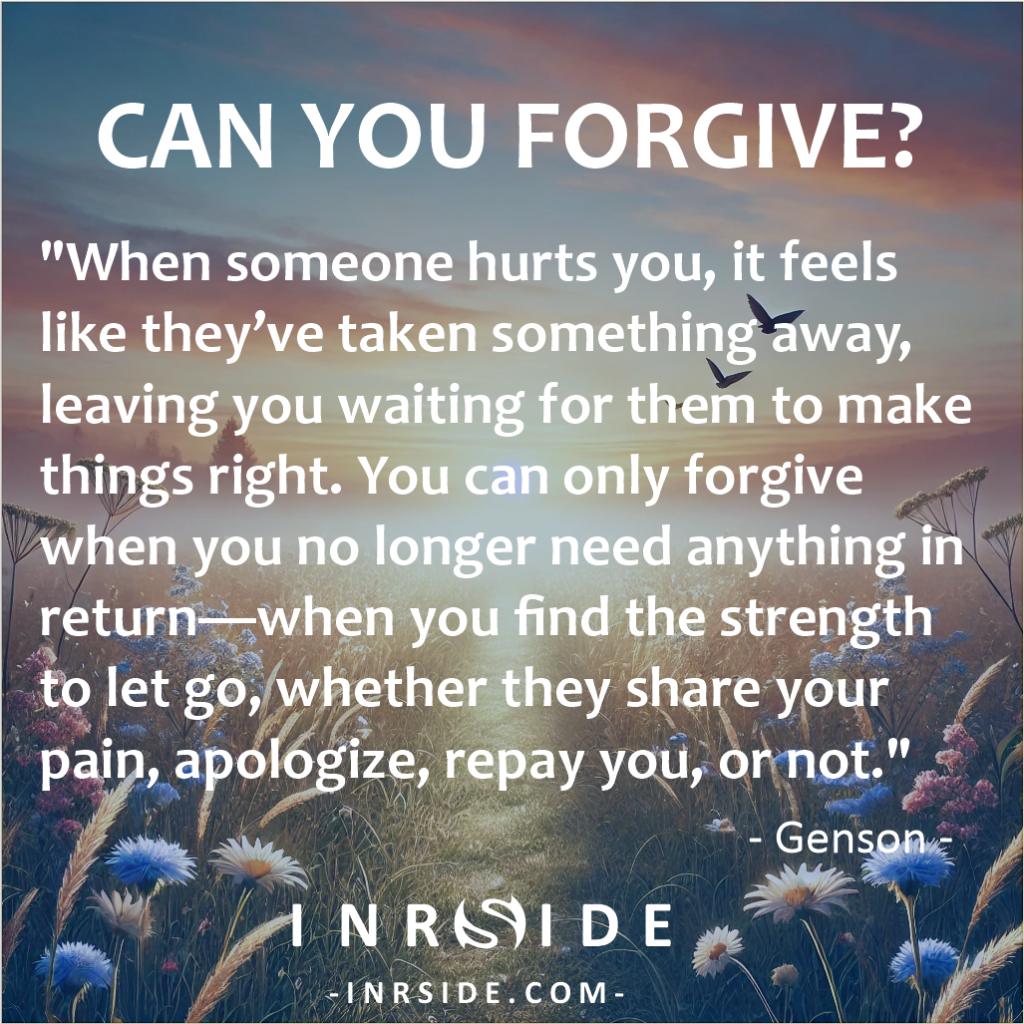
Conclusion: The Journey Toward Inner Peace
Forgiveness is a deeply personal process that requires empathy, understanding, and, at times, the ability to let go of the past. It’s not always easy, and it often feels elusive because we expect fulfillment from others that they may not be able to provide. But the real power of forgiveness lies within us—our ability to release the emotional weight and find peace regardless of the actions of others.
As long as we are here, as long as we continue to live, we have the capacity to heal, to grow, and to find new sources of joy and meaning. Forgiveness is not about forgetting the pain, but about freeing ourselves from its hold and moving forward toward a brighter, more peaceful future.
